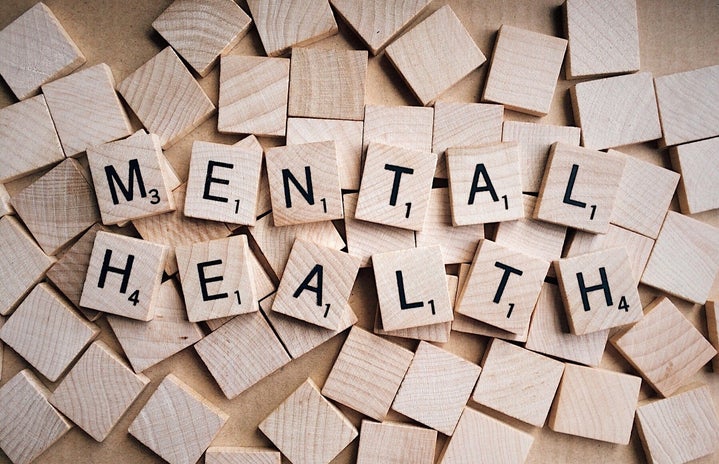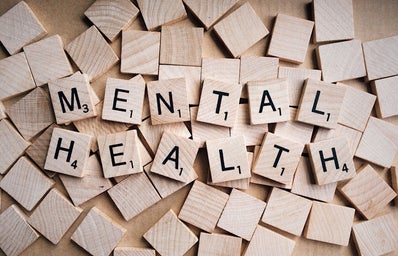According to the National Center for Biotechnology Information, “the prevalence of mental disorders [in India] ranges from 10 to 370 per 1000 population in different parts of the country.” Despite these relatively high numbers and a slowly rising level of mental health awareness, access to mental health education and resources is extremely limited in South Asia, which has created a very harmful stigma against mental illness.
And unsurprisingly, many Indian immigrants in America have carried these stigmas overseas with them.
As a child of South Asian immigrants myself, I never grew up with the mindset that depression or mental illness was normal or common. If I was feeling overly anxious about school or personal issues, I was normally told to just stop thinking about my concerns or that I was making it worse inside my head. Furthermore, resources like therapy or counseling weren’t even presented as viable options to me.
If I wanted to talk to someone about my thoughts or feelings, my mom would just say I could talk to her. Growing up with this barricaded mindset was definitely damaging to my mental health and often filled me with fear of seeking any kind of professional help because “What would other people think?”
It’s important to think about where this mindset comes from though.
As Jyothsna Bhat, PsyD intuitively explained, “Ironically, the same qualities that have marked South Asians’ successful immigration experience – an outward projection of emotional resilience, a relentless work ethic, a strong drive to assimilate – further complicate how they deal with mental health issues that arise in their families. After all, how can a cultural group celebrated for high intelligence, adaptability and resilience be seen as mentally weak?”
In South Asian households, mental illness is seen as not only a negative representation of the individual but the entire family and societal image is an incredibly prized possession of every South Asian family. Mental illness can also be viewed with guilt by South Asian parents which results in many children suppressing their true feelings and emotions.
The three factors that Bhat recommends focusing on is awareness building, education and support for not only South Asian children from a younger age but also their families to create more accepting households to grow up in. Furthermore, during this difficult time in the pandemic, it is now more important than ever to address these concerns to tackle the rising depression and suicide rates in the world.


